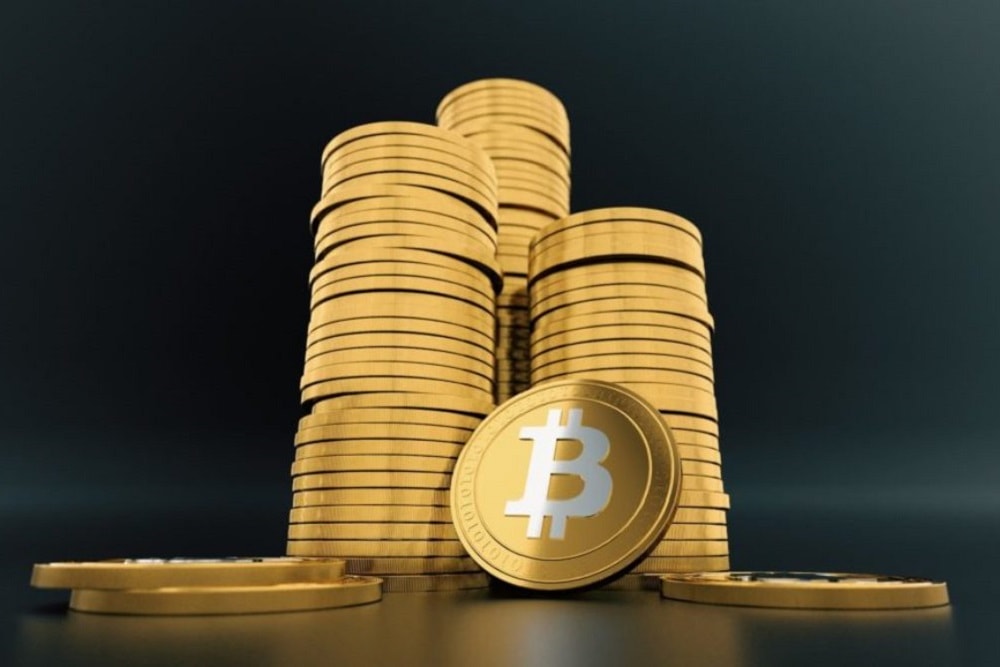Following reports last week that Cubans are turning to Bitcoin as a way to survive sanctions imposed on the country by the U.S government, Coinfomania sort to obtain a clearer overview of the country’s emerging crypto ecosystem.
We interviewed Alex Sobrino, a local enthusiast who claims to run one of the country’s first Telegram groups (CubaCripto) teaching locals what Bitcoin is, as well as how to trade it for profit or use it as a medium of exchange.
Being under sanction practically means that Cubans are cut off from international traditional payment systems, making it difficult for residents to convert their fiat into Bitcoin or of course any other cryptocurrency.
With that in mind, Sobrino explained how they manage to get their hands on some Bitcoin telling Coinfomania,
“Cubans buy Bitcoin from people who come to Cuba and bring it or from people who have family outside the country. We almost always do it from person to person (P2P) while people like us who trade has an advantage over others.”
A part of that advantage stems from the price for P2P transactions being higher than the Bitcoin spot price, according to Sobrino. He noted that the “people who have it (Bitcoin) sell it at very high prices, more than 10% with respect to the market price.”
For the basics, a ten percent (10%) premium means that a buyer has to pay 10% more than the current Bitcoin price which would mean an extra $1035 if a person wanted to buy 1 BTC at its press time value of $10353.
Next, Sobrino reported that there is little to nothing being done by the Cuban government about Bitcoin or cryptocurrencies, both in the educational and regulatory front.
Specifically, on the issue of regulation, he said that ‘the government is in full silence and has not pronounced any regulatory framework,’ although the relatively small community hopes that any future decisions by authorities will be favorable.
Lastly, Sobrino expressed confidence that the number of Cubans using crypto (an estimated 10,000 people) will continue to grow since the mobile internet only became widely available in Cuba late last year.
In a similar report concerning the adoption of Bitcoin under distressed regimes, we reported in August that although Argentines are buying the cryptocurrency, it is still not considered by most citizens as a safe haven asset. Many still prefer their assets in the US Dollar, a move that the country has countered by imposing a $10,000 limit on the purchase of foreign currency by individuals.
- Bitcoin Falls to $65K as Mt. Gox Transfers $2.8 Billion BTC to External Wallet
- News of Marathon Digital’s $138 Million Fine for Breach of Non-Disclosure Agreement Triggers a Bearish 2.5% of Its MARA Stock
- Are $530M Bitcoin ETF Inflows a Blessing or Caution?
- Metaplanet Teams with Hoseki for Real-Time Bitcoin Holdings Verification
- 10 Best Meme Coins To Invest in 2024
- Building Secure Blockchain Systems: An Exclusive Interview with ARPA and Bella Protocol CEO Felix Xu
- Building The “De-Facto Crypto Trading Terminal”: An Exclusive Interview with Aurox CEO Giorgi Khazaradze
- Building a New Global Financial System: An Exclusive Interview With Tyler Wallace, Analytics Head at TrustToken
- “Solana is the Promised Land for Blockchain” — An Exclusive Interview with Solend Founder Rooter
- El Salvador: Where The Bitcoin Revolution Begins With A Legal Tender

 Why Trust Us
Why Trust Us







